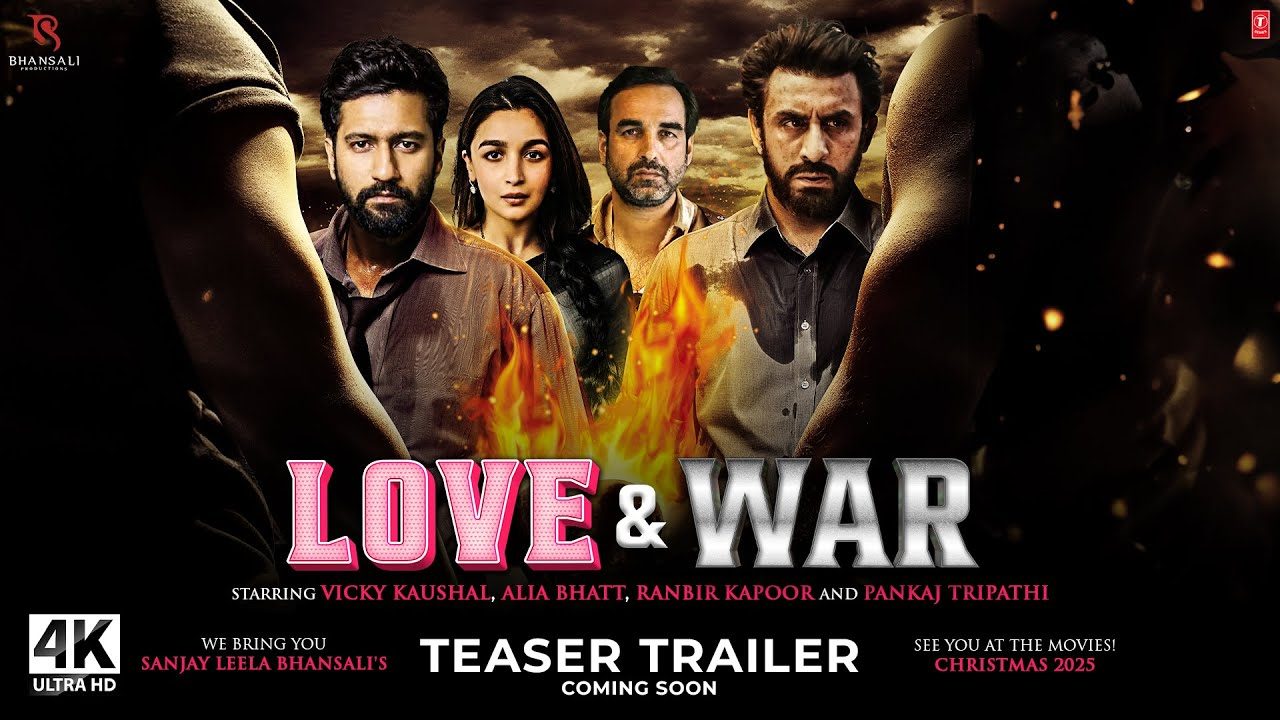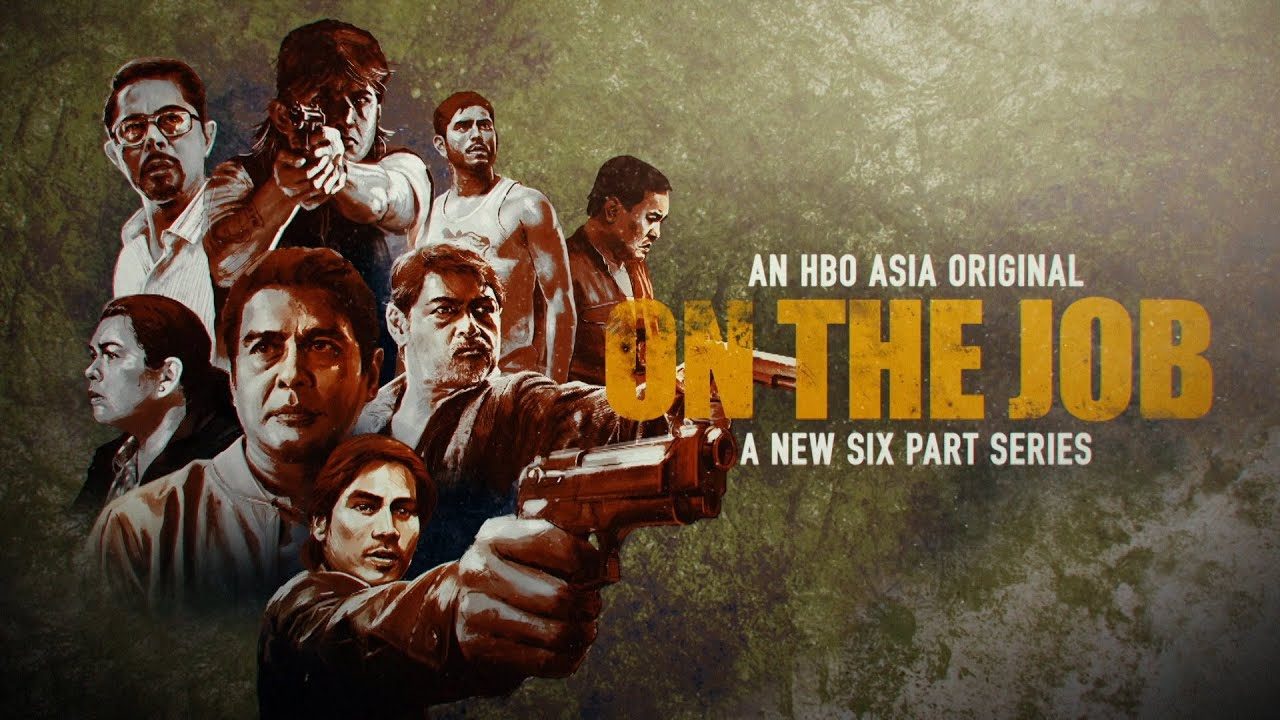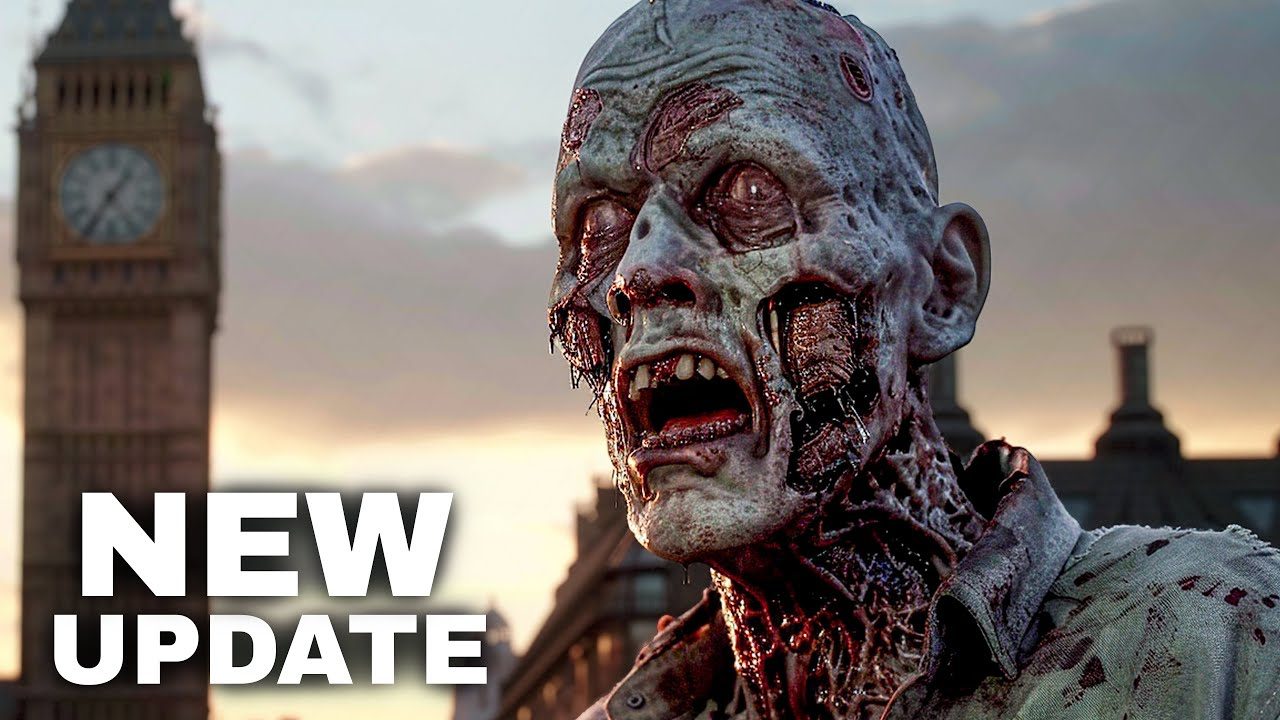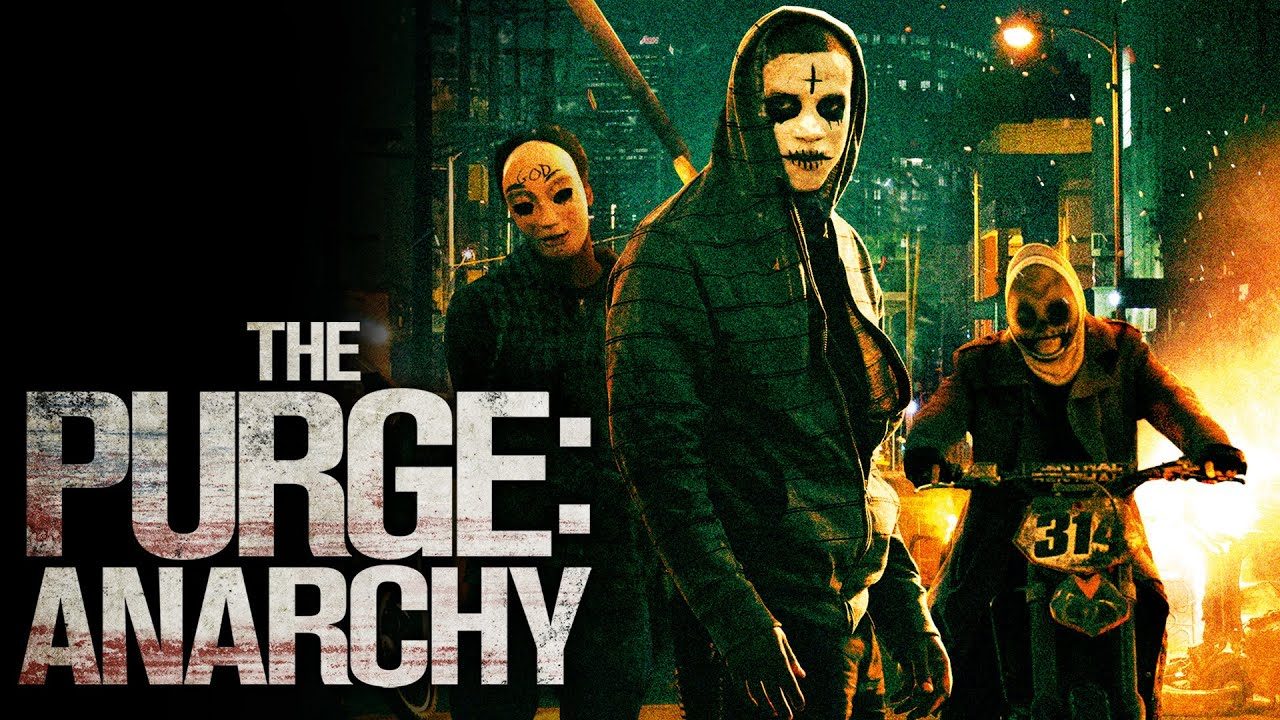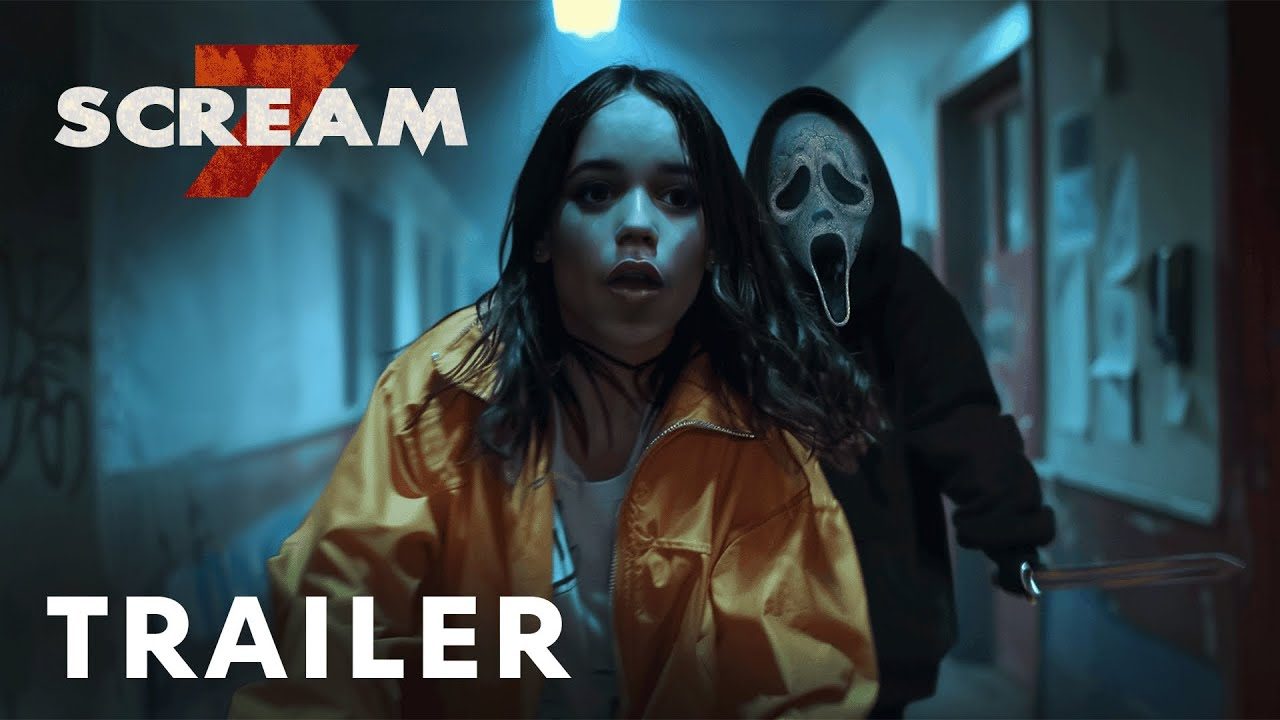The Boys’ Billy Butcher is the main opposition of the raunchy supes of his universe. But his TV version had much better qualities than the source.
The secret to The Boys being one of the best comic book adaptations and superhero deconstructions is that it barely adapted its original comics. Minus the core premise, characters, and extreme violence, Amazon Prime’s hit series had almost nothing in common with Garth Ennis’ and Darick Robertson’s comics. Given the fact that the comics did not age well at all, major differences between The Boys’ comics and the live-action version were expected. That, and this, was the reality almost any kind of live-action adaptation faced. But unlike its fellow comic adaptations, Amazon’s The Boys was superior precisely because it diverged so much from its source material.
If one character from The Boys could summarize how exceptional the show’s changes were, it would be the titular Boys’ leader, Billy Butcher. In the most surface-level ways, the comics’ and series’ Billy were functionally the same. Both were arrogant and violent anti-heroes who righteously hated “supes,” worked as government-sanctioned supe killers, and loved wearing black coats. That said, Billy was a very different character in the series. Not only were his backstory and personality changed, but so was the way the text treated him. In brief, the comics loved Billy, while the series hated him. At best, the series tolerated him. This contempt made the series’ Billy superior to how he was in the comics.
The Comics’ Billy Butcher Was the Worst Kind of Power Fantasy
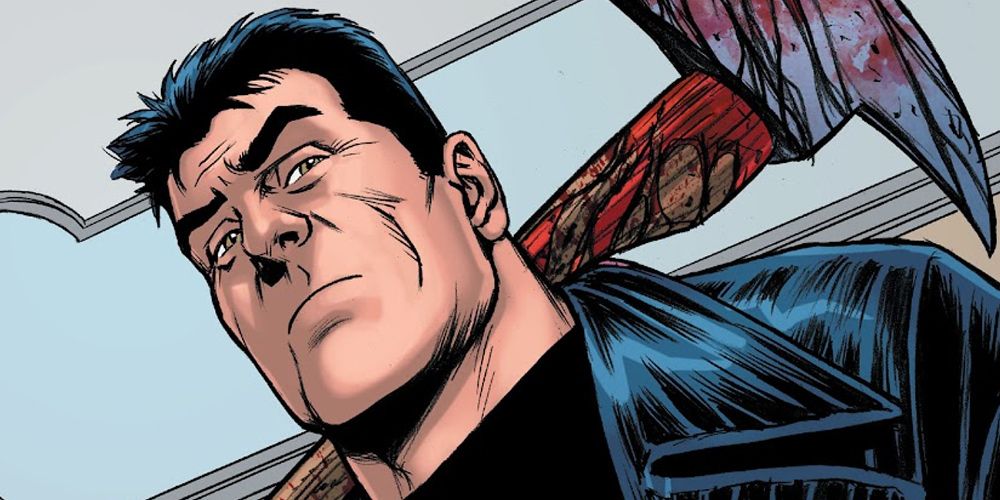
| Full Name | William J. Butcher |
|---|---|
| Created by | Garth Ennis and Darick Robertson |
| First comic appearance | The Boys #1 (August 2006) |
| First series appearance | “The Name of the Game” (The Boys Season 1, Episode 1) |
| Portrayed by | Karl Urban |
| Voiced by |
|
For better and mostly worse, Billy was the ultimate ’90s anti-hero. His design, personality, and worldview were direct rejections of the colorful superheroes who dominated comics for decades. To top it all off, Billy was also the ultimate Garth Ennis character. Ennis is famous for writing compelling yet monstrous anti-heroes and for his bottomless hatred of superheroes. As such, Billy was a detestable person with a military background, a penchant for violence, and a personal tragedy that justified the blood on his hands. He also served as a mouthpiece for whatever opinions Ennis had about politics or fiction. Unsurprisingly, Billy reserved his darkest impulses for superheroes. It was hard not to see Billy as Ennis’ most self-indulgent character. Readers even saw Billy as Ennis’ self-insert. Helping this interpretation was the fact that Ennis proudly declared Billy to be his favorite creation.
Billy being a reprehensible person who despised superheroes wasn’t the problem. Besides this being the core of Billy’s character and the fact that such anti-heroes have their place, this was the standard for anti-heroes of the ’90s to the 2000s. In their paradoxically childish attempt to “grow up,” the era’s superhero comics were overrun by bloodthirsty and hypermasculine anti-heroes who equated cruelty and hatred to “maturity” and “realism.” Violent brutes who were supervillains in their own rights like Billy were the norm. At worst, seeing Billy launch into yet another tirade about how dumb and unrealistic superheroes were compared to “real heroes” like cops or soldiers (who, in reality, were anything but saintly paragons) before brutalizing a mean-spirited analog of an existing superhero was insufferable. The problem was that The Boys comics vindicated and justified Billy. The Boys wasn’t the first edgy comic to exact a writer’s “vengeance” against superheroes that put their monstrous power fantasy on a pedestal, but it was the worst offender. It even went as far as turning Billy into a martyr.
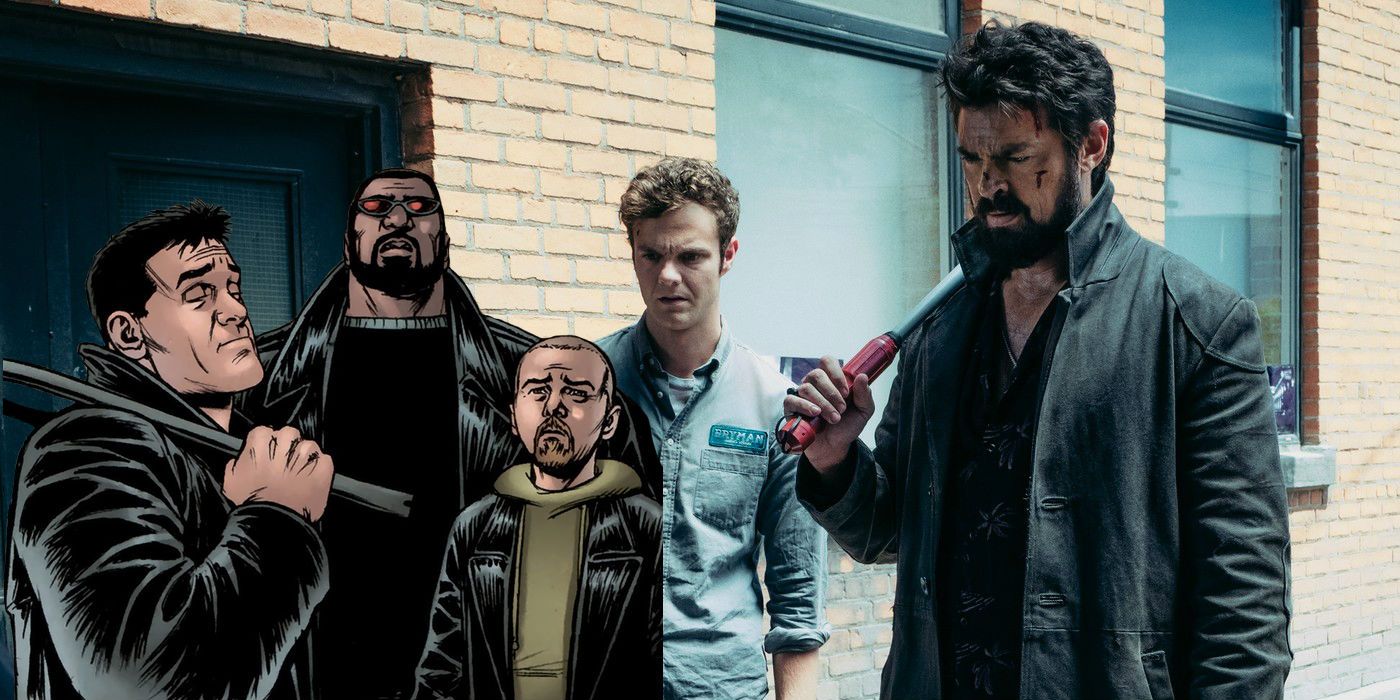
In the comics, Billy was an aspirational necessary evil. Although he was arguably worse than the superheroes he hated so much, and even if he went as low as dragging The Boys down to his level, the comics excused him at every turn because his vendetta was “just,” he survived an abusive childhood, and Homelander killed his wife, Becky. That, and by The Boys’ internal logic, cruel anti-heroes with military ties were inherently better than spoiled costumed superheroes. What’s more, Billy’s allies looked up to him or at least begrudgingly respected him. The Boys’ handlers like Greg Mallory or Susan L. Rayner couldn’t deny that Billy was their best agent. Mother’s Milk, The Frenchman (aka Frenchie), and The Female of the Species were fiercely loyal to Butcher because they were extensions of him, not actual individuals. Meanwhile, the cowardly rookie “Wee” Hughie Campbell grew into a “real man” because Billy “toughed him up.” Billy did this by gaslighting, lying to, and talking down to Hughie at all times. The Boys ended with Hughie all but thanking Billy since Billy’s “tough love” somehow made him better. This was half-heartedly recanted by the epilogue/prologue The Boys: Dear Becky, where Annie January (a retired Starlight) called out Hughie’s hero worship of Billy, and Hughie put his memories of Billy to rest.
Even so, the comics’ framing and messaging were clear: Billy was right. Even at his worst (especially during his attempted global massacre of anyone with traces of Compound-V in their blood), Billy still had good intentions. Any atrocity Billy committed to friend and foe alike was justified by Becky’s murder by virtue of the supes being worse or the fact that he was painfully aware of how monstrous he was. For all The Boys’ rants against superhero storytelling, it ironically featured one of the most blatant instances of fridging (i.e., killing a female character for the male character’s development) in Becky. Everyone also owed Billy in some way, making him more sympathetic and tragic than he really was. Billy’s mistreatment of Hughie was vindicated because, in his twisted way, he genuinely loved Hughie as a younger brother and “raised” him as such. Put succinctly, Billy was a self-aggrandizing ode to toxic masculinity.
Amazon’s Billy Butcher Opposed Everything He Was in the Comics

| Top 5 “The Boys” Episodes, According to IMDb | Episode Number | IMDb Score |
|---|---|---|
| Herogasm | Season 3, Episode 6 | 9.6/10 |
| What I Know | Season 2, Episode 8 | 9.4/10 |
| You Found Me | Season 1, Episode 8 | 9.0/10 |
| Over the Hill with the Swords of a Thousand Men | Season 2, Episode 3 | 9.0/10 |
| Butcher, Baker, Candlestick Maker | Season 2, Episode 7 | 9.0/10 |
Besides initially not having superpowers, Billy was generally the same person he was in the comics. However, it was clear the moment The Boys began that things would be different for him. While he was just as brutish and self-righteous as he was in the comics, Billy was rarely (if ever) lionized for it. Billy was just as much an edgy and hypermasculine anti-hero as his comic counterpart, only now stripped of any pretense of heroism. For example, his love of violence was almost always a desperate last resort or an obvious excuse for him to lash out. When Billy got temporary powers thanks to Temp V or V24, he became worse. Billy got addicted to the rush of superpowers and cut his lifespan to just 18 months from overusing V24. The Boys’ depictions of violence was anything but fun, but Billy’s brutality was shown to be terrifying—whether he was empowered or otherwise.
Similarly, Billy’s arrogance and abuse weren’t rewarded with adoration and respect. Billy’s infamous rants, for one, were shown to be annoying and repetitive rather than clever or profound. This was because Billy’s habits of making others as miserable as he was and using Becca’s memory to justify his death wish and one-sided rivalry against Homelander were recontextualized into his coping mechanisms. Billy was overcompensating for the lack of meaningful connections and purpose in his life. The Boys barely hid their contempt and mistrust of Billy and abandoned him more than once. A core part of Hughie’s growth was standing up to Billy’s bullying and rejecting his influence. Most damning of all, Billy’s supposedly dead wife (now named “Becca”) was actually alive. Becca was so scared of Billy’s barely repressed anger that she faked her death to escape him. She was also sure that Billy would murder her son Ryan, a naturally-born supe born from Homelander’s prior assault. Billy only became worse when Becca died during Stormfront’s rampage and after Homelander finally acknowledged him as a threat. Even Lenny, Billy’s beloved younger brother, called him out for dragging Hughie and the others down and using them as avenues for selfish redemption.
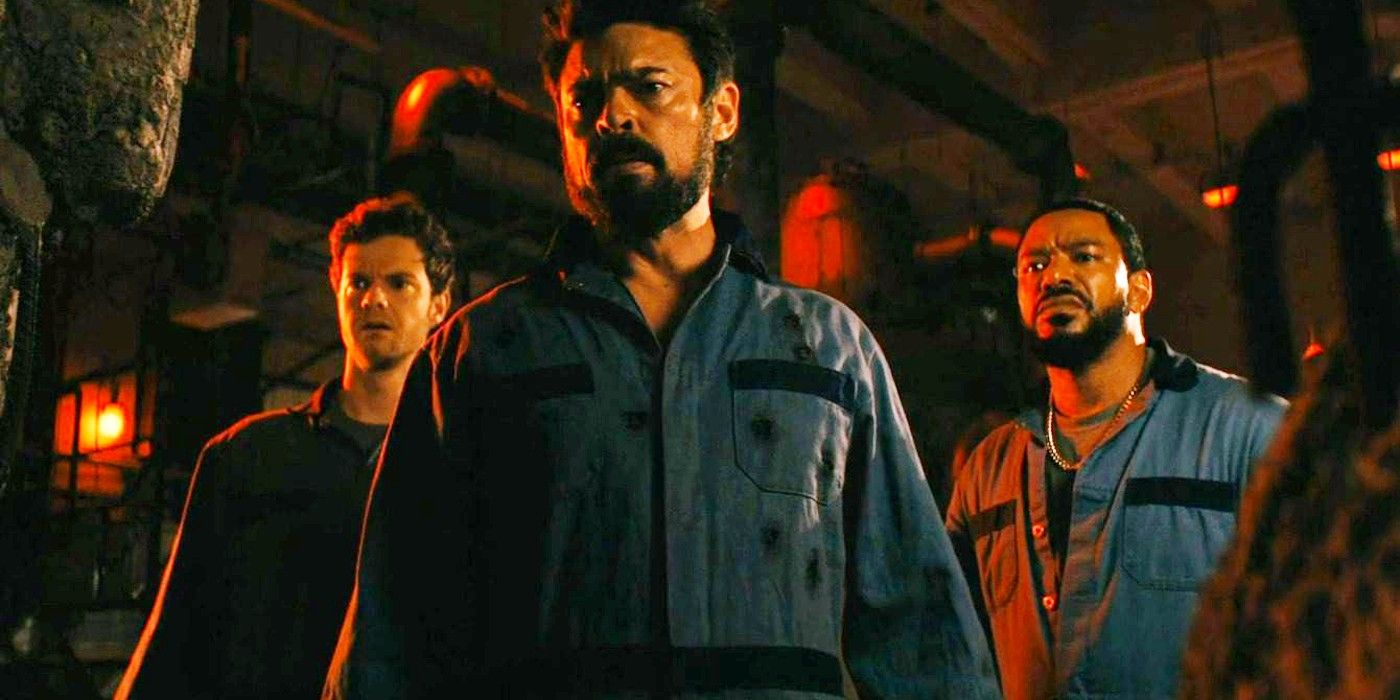
Where the comics justified Billy’s smugness, misanthropy, and most heinous actions, the series wasn’t afraid to challenge Billy and demolish his archetype at every chance it could. Although Billy was right in some regards, and even if many of the supes really were evil monsters, he was still someone to fear and be wary of, not someone to idolize. Knocking Billy down a peg may have made him weaker and less efficient than his comic counterpart, but this made him a better character and person. In fact, he had many moments of self-reflection where he realized that he was following his cruel father’s footsteps. It’s for this reason that watching Billy choose to become more cruel to keep fighting instead of starting over when he knew it would be the right thing to do was tragic. Conversely, he was always a monster in the comics but was praised for being one.
Amazon’s Billy Butcher Was Better & More Mature Than the Original
| IMDb Score | MetaCritic Score | Rotten Tomatoes Score | |
|---|---|---|---|
| The Boys Seasons 1-3 | 8.7/10 |
|
|
| The Boys Season 1 | 8.55/10 |
|
|
| The Boys Season 2 | 8.55/10 |
|
|
| The Boys Season 3 | 8.61/10 |
|
|
Comic readers who loved Billy defended him by claiming that The Boys deconstructed him by showing how extreme an anti-hero would really be. This wasn’t the case, since the comics were more of a power fantasy that relished juvenile edge and petty nihilism than a smart yet dark character study. The supes barely posed a challenge to Billy; almost everyone agreed with him, and Hughie was always proven wrong by Billy. The comics’ Billy only really existed to let Ennis and like-minded readers vicariously murder and humiliate whatever or whoever they disliked, all the while feeling cool about it. What few humanizing moments Billy had were preemptive justifications for the horrors he unleashed a few panels later.
For all his self-righteous screeds about how unoriginal and inherently bad superheroes were, Billy was just another excessively edgy and violent anti-hero who had nothing new to say or do. The series’ Billy was the mature anti-hero his comic counterpart was not and refused to be. Much like his comics version, the series’ Billy was also his world’s epitome of masculinity. However, he and, by extension, The Boys’ series exposed how pathetic and toxic such a person really is. It’s not too late for Billy to turn things around, but given where things are currently headed, he isn’t abandoning his darkness any time soon.
